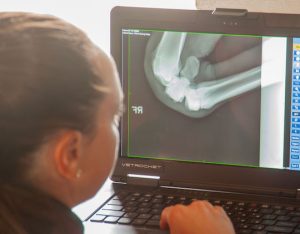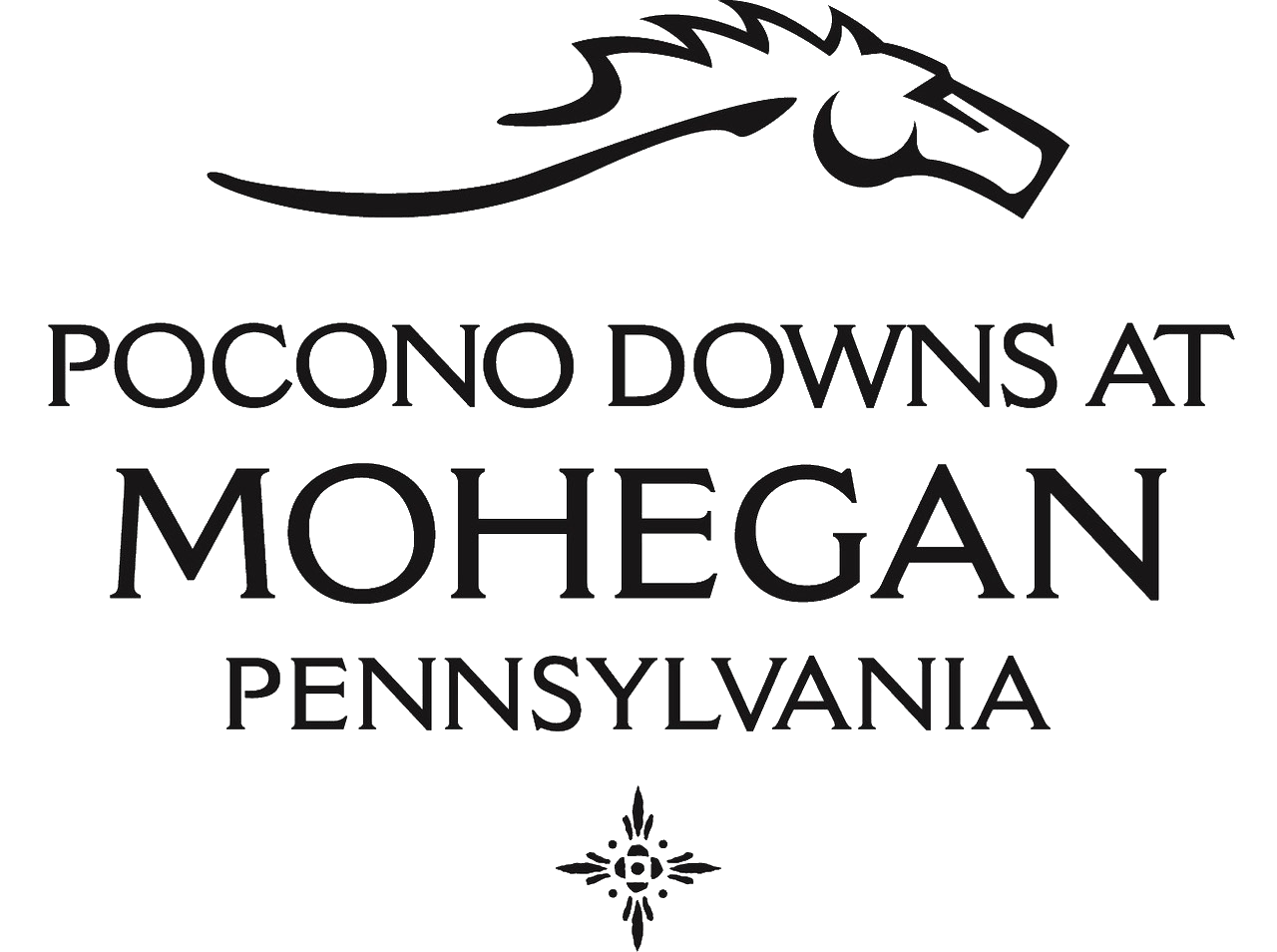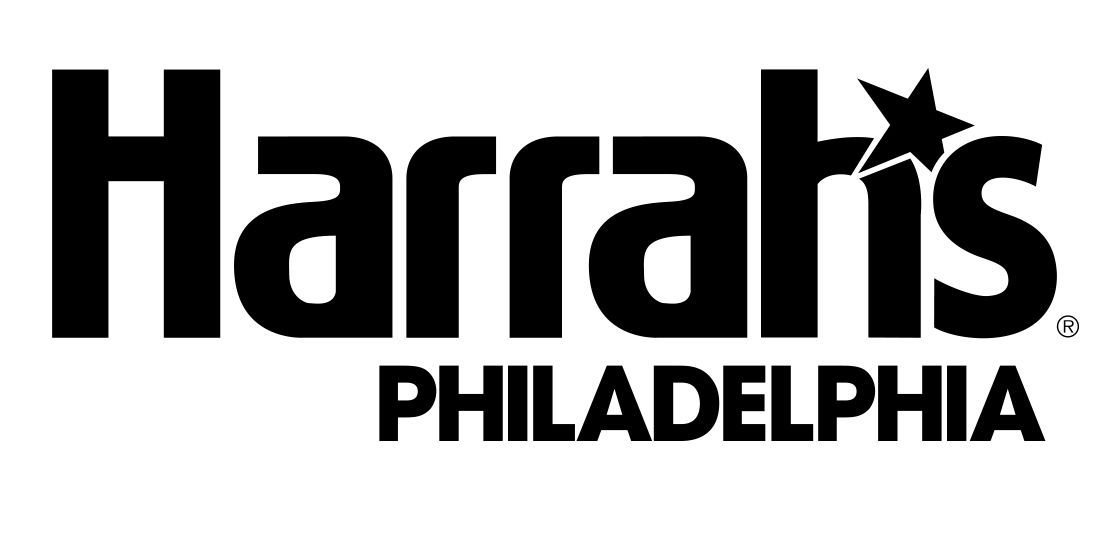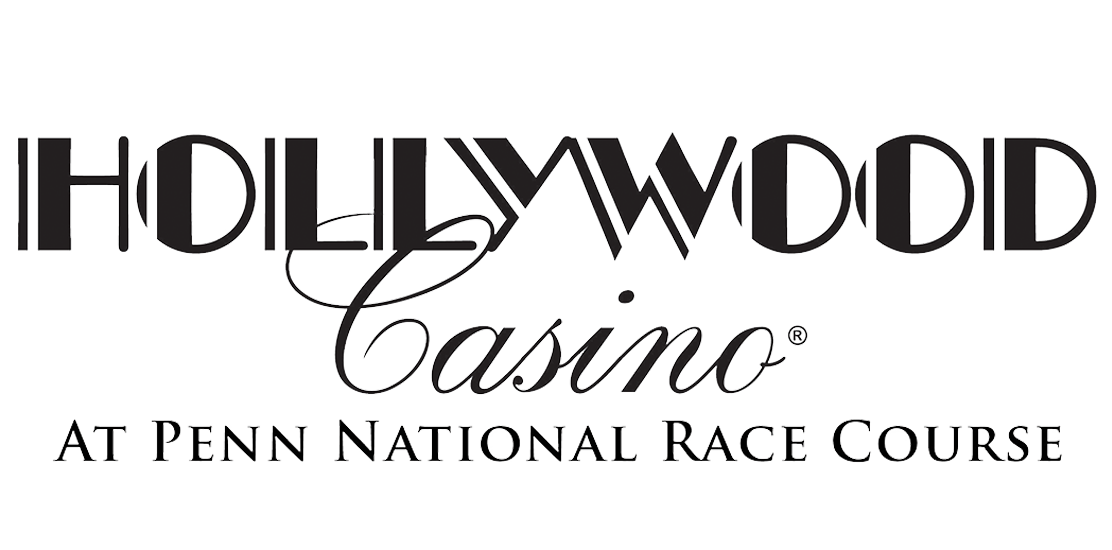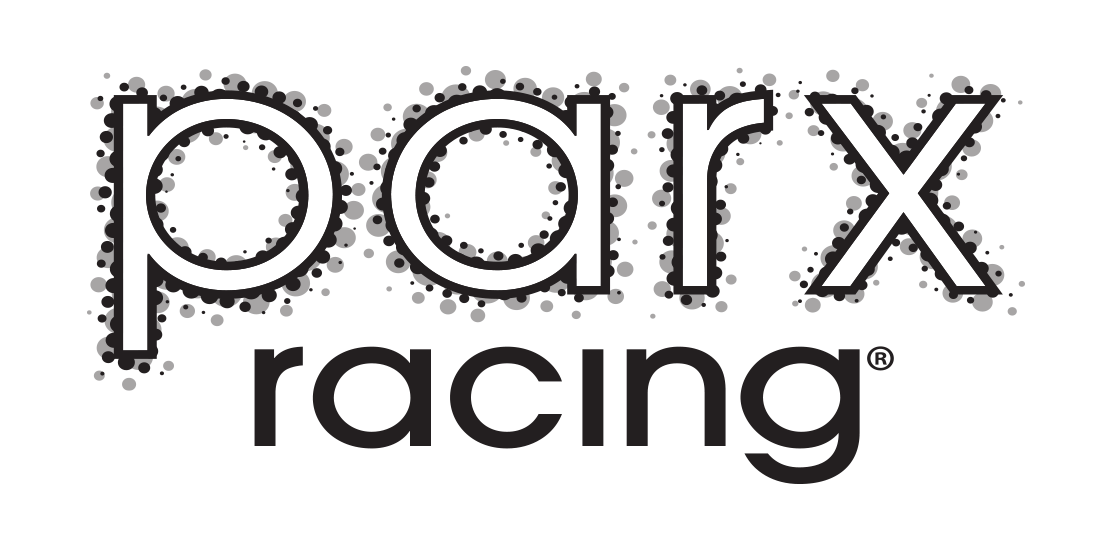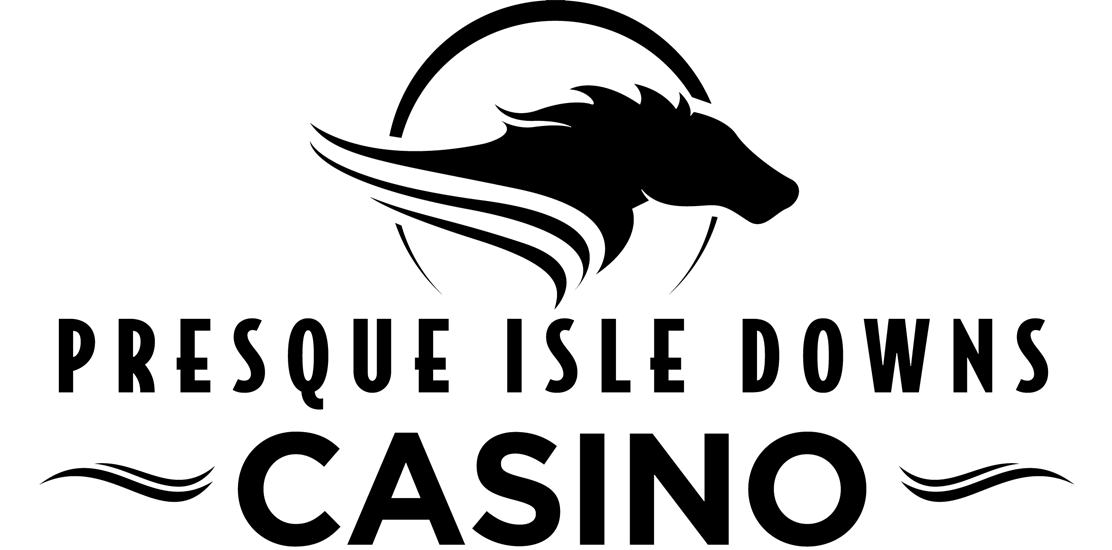Life for professional athletes takes a big turn after retirement. They’re no longer as active and some have to adjust their eating habits. Others, still, have to take care so their bodies can mend after years of hard use. That goes for horses as well as humans. And that’s where Maui Meadow Farm comes into play.
Maui Meadow Farm, on Pocopson Road in Pennsbury Township, is the oldest working thoroughbred farm in Pennsylvania and home to TRRAC, or Thoroughbred Retirement, Rehabilitation and Careers. It’s owned and run by Charles and Nina Lyman. They provide needed aftercare for thoroughbreds after the horses leaves the world of the flat track.
“Our goal is to make horses available for adoption,” said Nina Lyman.
Sometimes the transition from the world of racing is simple, she said. An otherwise healthy horse might need only a few months to adjust from being on the racing circuit to becoming a “civilian-friendly” horse.
“Sometimes we have short rehabs, sometimes we have longer rehabs. I’ve had horses for up to two years. The average rehab, if it’s a simple rehab, can be up to 90 days,” Lyman said.
That type of rehab usually involves rest with a turn out into a small paddock. Some horses just need some rest in the small paddock with a few months in the field to “reset their bodies. We give them as much time as possible for them to just be a horse.”
For other horses, the time is longer because they need to heal from injuries. Maui Meadow takes care of that part with help from New Bolton Center. A veterinarian from New Bolton comes out every Wednesday to check on those four-legged patients.
The farm has several paddocks — small and large — a riding rink, several pastures, and a therapy pool for the 45 horses at the farm. To help recoup some of the costs of housing, rehabilitating. And veterinary care, Maui Meadow also works with Turning for Home, a non-profit that specializes in the rehabilitation, retraining, and rehoming of horses. It partners with regional farms, such as Maui, to help in the transition from life as a racehorse to a successful new career, according to Turning for Home’s Danielle Montgomery.
Montgomery said Turning for Home works in conjunction with Parx Racing of Bensalem to have a portion of a horse’s purse donated to farms such as Maui Meadow to help offset the costs involved in rehabbing a horse and to provide an alternative to slaughtering and auctioning of the thoroughbreds.
She said if a retired horse is ever found at an auction, the owner will be banned forever from running a horse at Parx.
Once a horse arrives at Maui Meadow, Lyman and her team begins the evaluation of the animal. Is it physically sound? How is it emotionally? How does it react around people and other horses? And what type of handler or rider is needed for the horse?
Some thoroughbreds, Lyman said, can be retrained as trail horses or show horses. But those who can’t be retrained or used in other capacities will be given a safe home for as long as they live. Some of the 45 horses at Maui Meadow are permanent residents, others are rehab cases and others still are ready for adoption. She said it’s roughly one-third, one-third, and one-third.
Retired racehorses, some anyway, can serve another useful purpose, that of becoming a therapy horse. Nina Schaffer, a volunteer at the farm tells the story of Liquid Aloha, who came to Maui Meadow just as the COVID lockdowns started. He had had a fracture and its owner just wanted to retire him at the farm. At that time, Schaffer said, many assisted living facilities were having trouble getting family members to visit residents of those homes.
“I don’t know how it started, but we were invited to HarborChase in Wilmington, and he loved it. It was like the most amazing thing. He saw these people who were lonely and upset with the pandemic, but he just took right to it. He was super calm. It was his job,” Schaffer said.
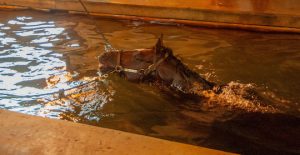
After that, they started taking Liquid Aloha to horse expos because, as Schaffer explained, he loves meeting people.
“He doesn’t need to be a riding horse. This is his thing…He’s booked [for appearances] through October. He does a lot of memory care and hospice visits. He’s gone into patients’ rooms. We’ve walked him in and backed him out of the rooms and walked him down the hallway to see different residents because [the patients] can’t go outside or into the common area.”
She went on to say it can be shocking for some people to see a horse in the hallway when they get off an elevator.
“Their eyes would get wide because here’s this big-sized horse at the elevator. They had no idea. They thought it would be a little miniature. But here the door opens and there is a giant horse standing there.”
For more information about Maui Meadow Farm, visit the website. Visits are possible but only by appointment, and appointments need to be made 48 hours in advance of the proposed visit.
Original Source Credited to chaddsfordlive.com
Photo Credit to Chadds Ford Live
